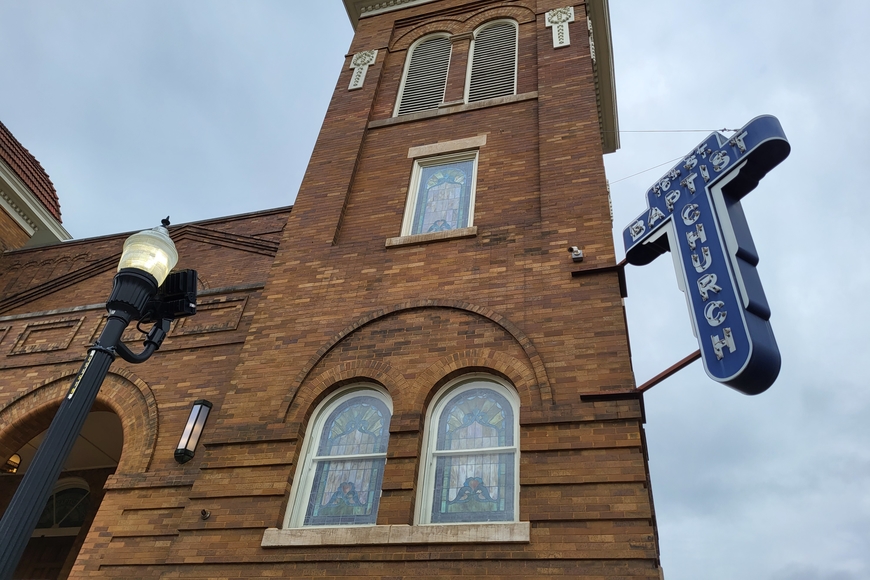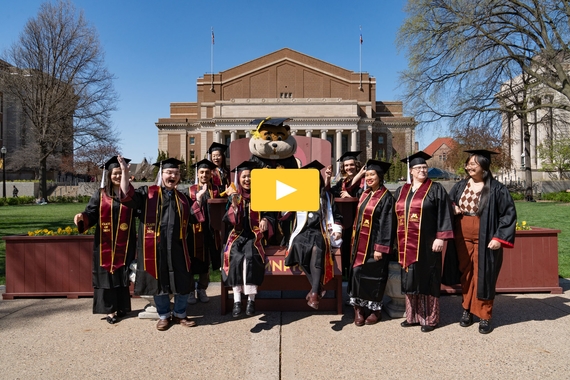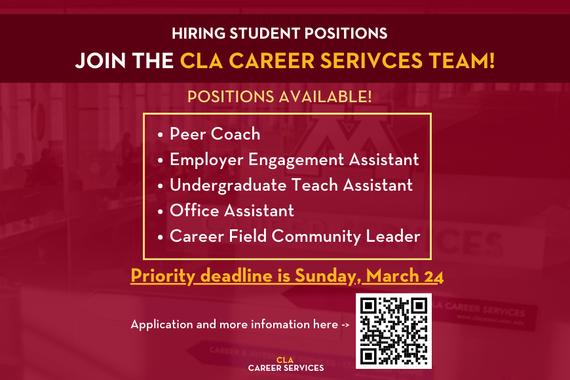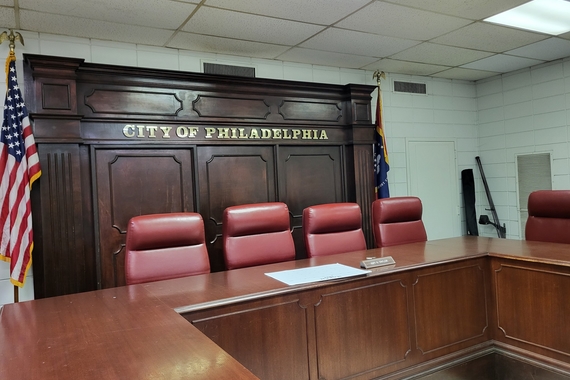MLK Immersion Day 3: Birmingham, Alabama
Video of Birmingham activities by Calli Hadler
BIRMINGHAM, Ala. – Sarah Collins Rudolph remembers Sept. 15, 1963, well.
It was just more than 60 years ago on that day white supremacists affiliated with the Ku Klux Klan bombed the 16th Street Baptist Church, killing four Black girls: Carole Robertson, Denise McNair, Cynthia Wesley and Addie Mae Collins. The church was targeted for its location as a headquarters for local rallies and mass meetings during the Civil Rights Movement.
Rudolph, Addie’s sister and the lone survivor of the bombing, told the University of Minnesota’s MLK 3000 class on Tuesday that day is cemented in her memory.
“September 15th, 1963 is a day I will never forget,” she said.
Students and faculty with the MLK 3000 course visited the church on Tuesday, touring and learning more about the church’s role in important Civil Rights Movement events.
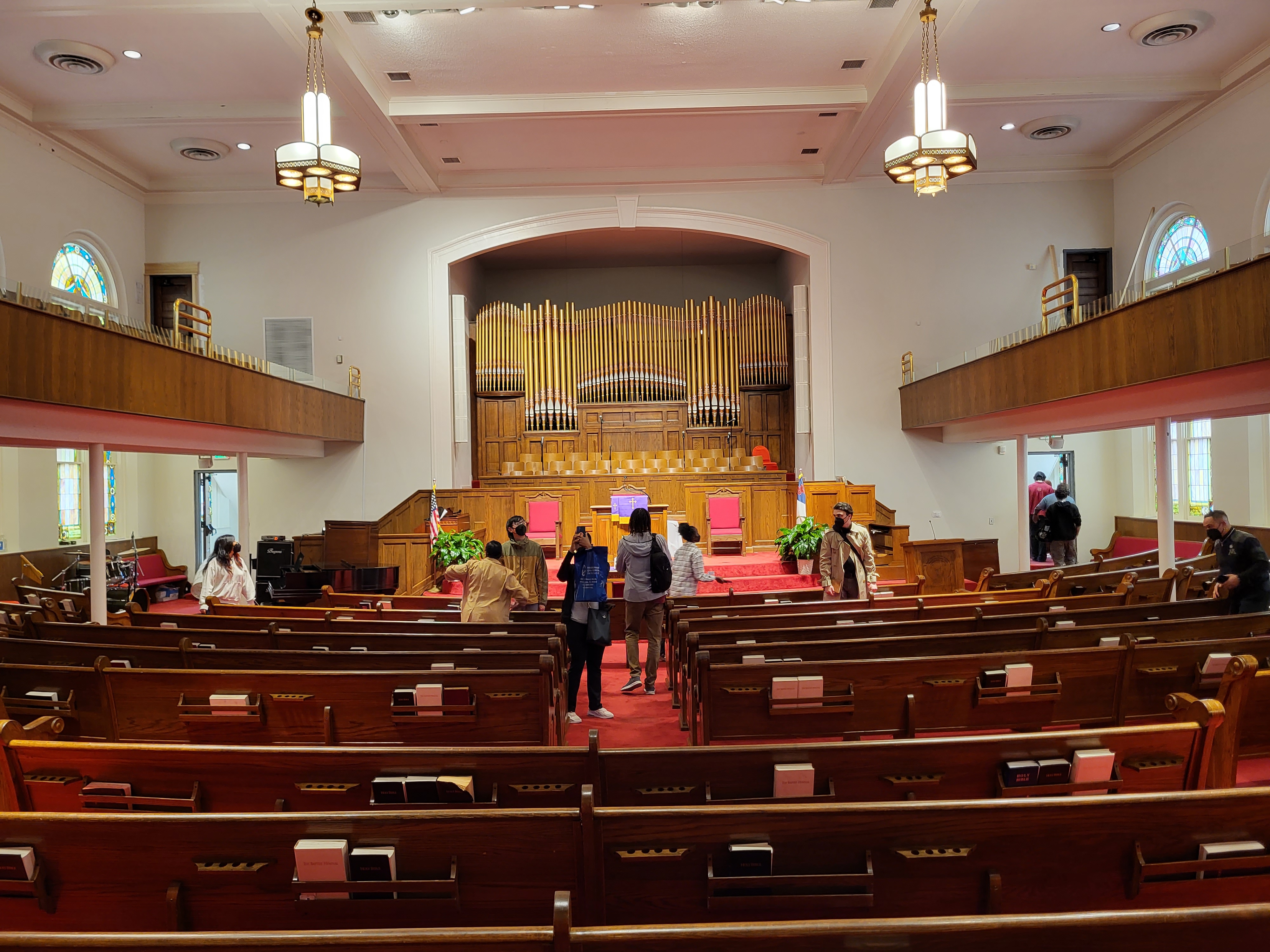
The class had the chance to interact with Collins Rudolph and her husband, George, after the tour.
Collins Rudolph talked about her time with the Children’s Crusade, a march from May 2-10, 1963, where more than 5,000 school students marched from 16th Street Baptist Church to Montgomery in protest of segregation in Birmingham.
“If it weren’t for our protests, we wouldn’t have our future,” Collins Rudolph said. “We went to jail for America.”
Children involved in the event were met with harsh resistance as police sprayed them with high pressure water hoses, sent police dogs to attack and arrested them.
Only four months after the crusade, KKK members bombed the church.
George Rudolph thanked God for Sarah surviving the bombing.
“That’s a miracle my wife survived that. She’s a miracle,” said George. “The lord saved you for me.”
Isaac Wahl, a first year student in the MLK program, said how Rudolph’s faith made him realize how important religion was to the Civil Rights Movement.
“Seeing how important her faith was, it really made me think,” Wahl said. “It made me think deeper on the role religion plays in social justice.”
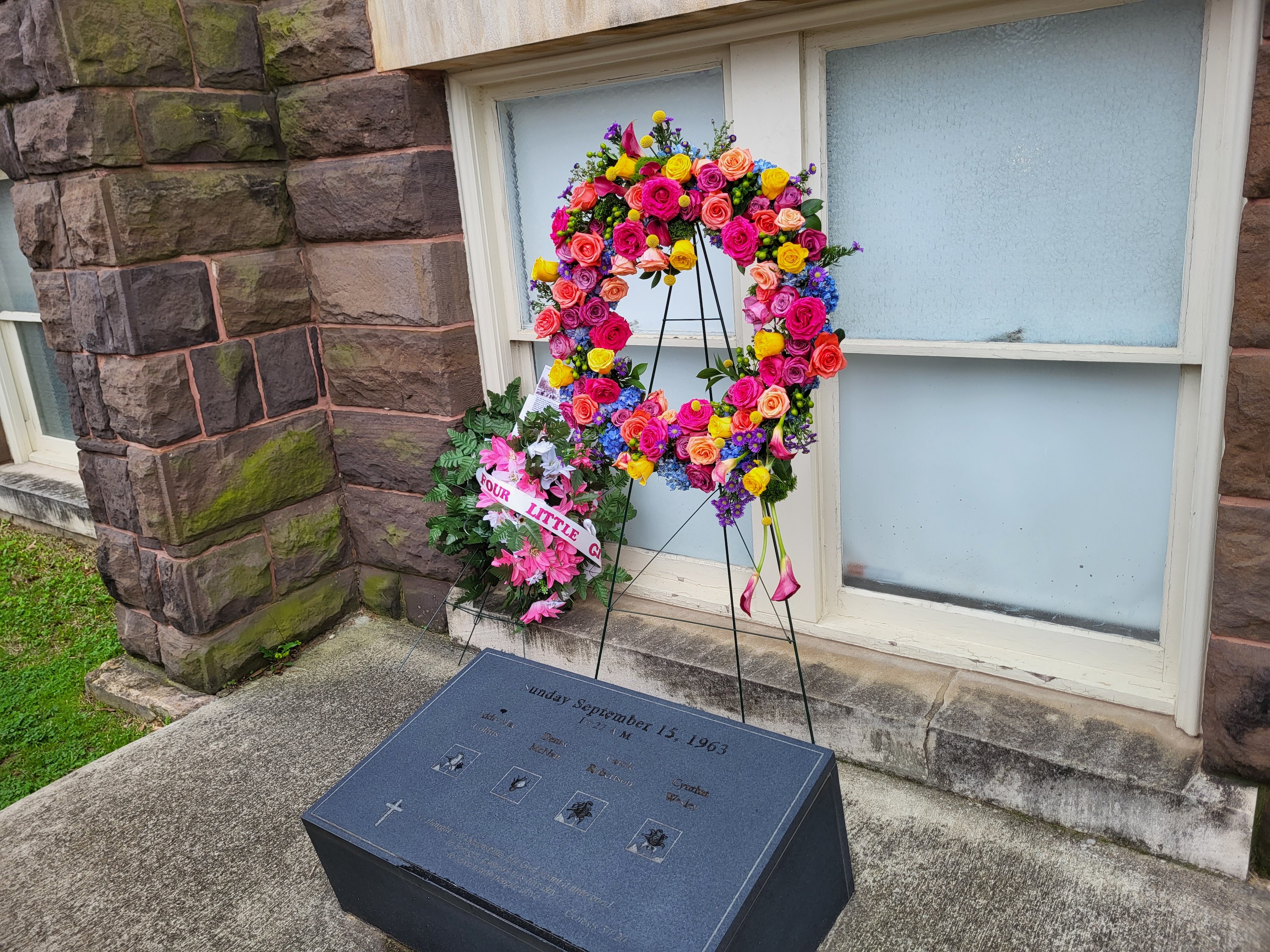
Across the street from the church is Kelly Ingram Park, commemorating the girls killed in the bombing, Rev. Dr. Martin Luther King Jr. as well as the children involved in the crusade.
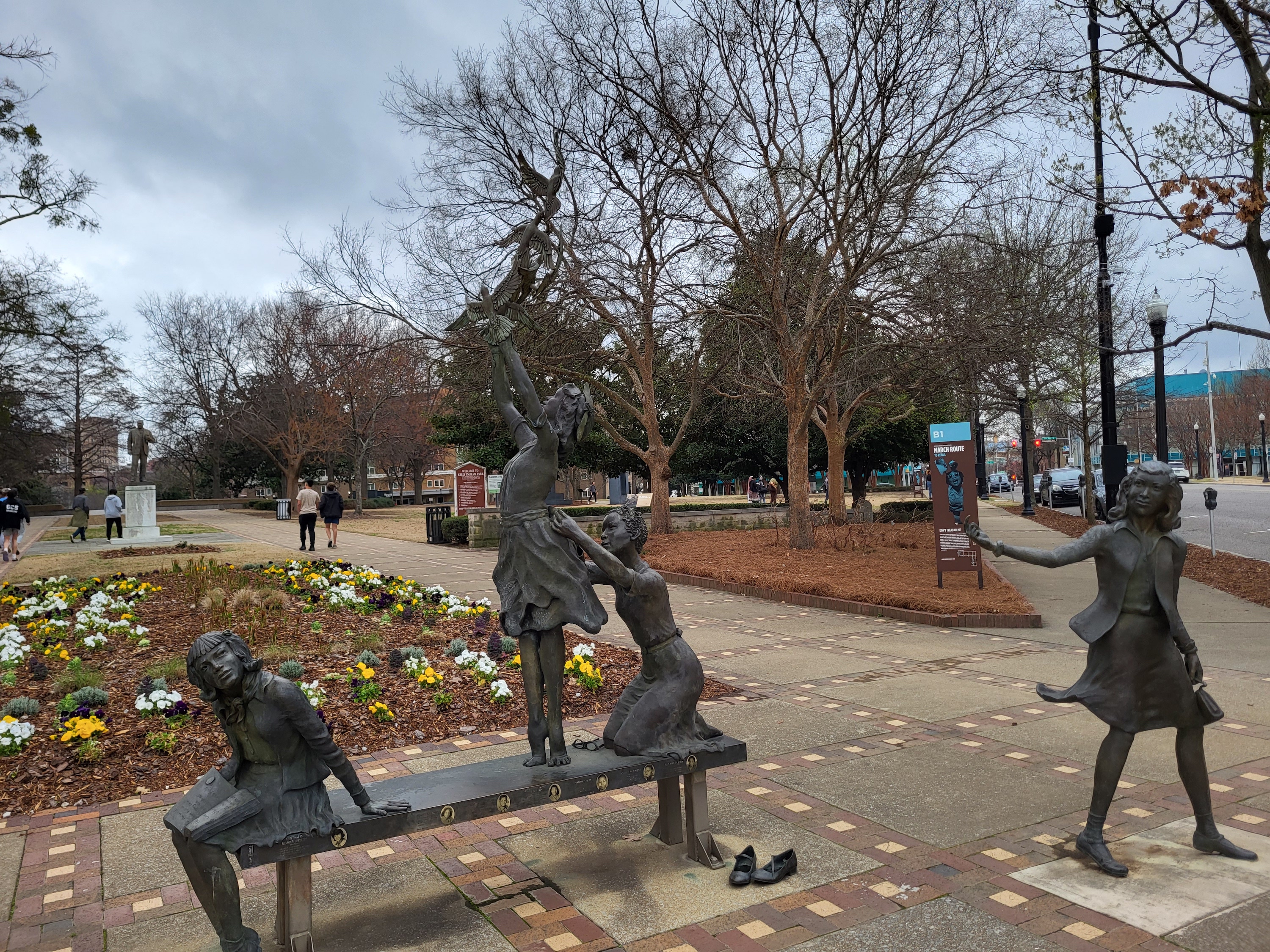
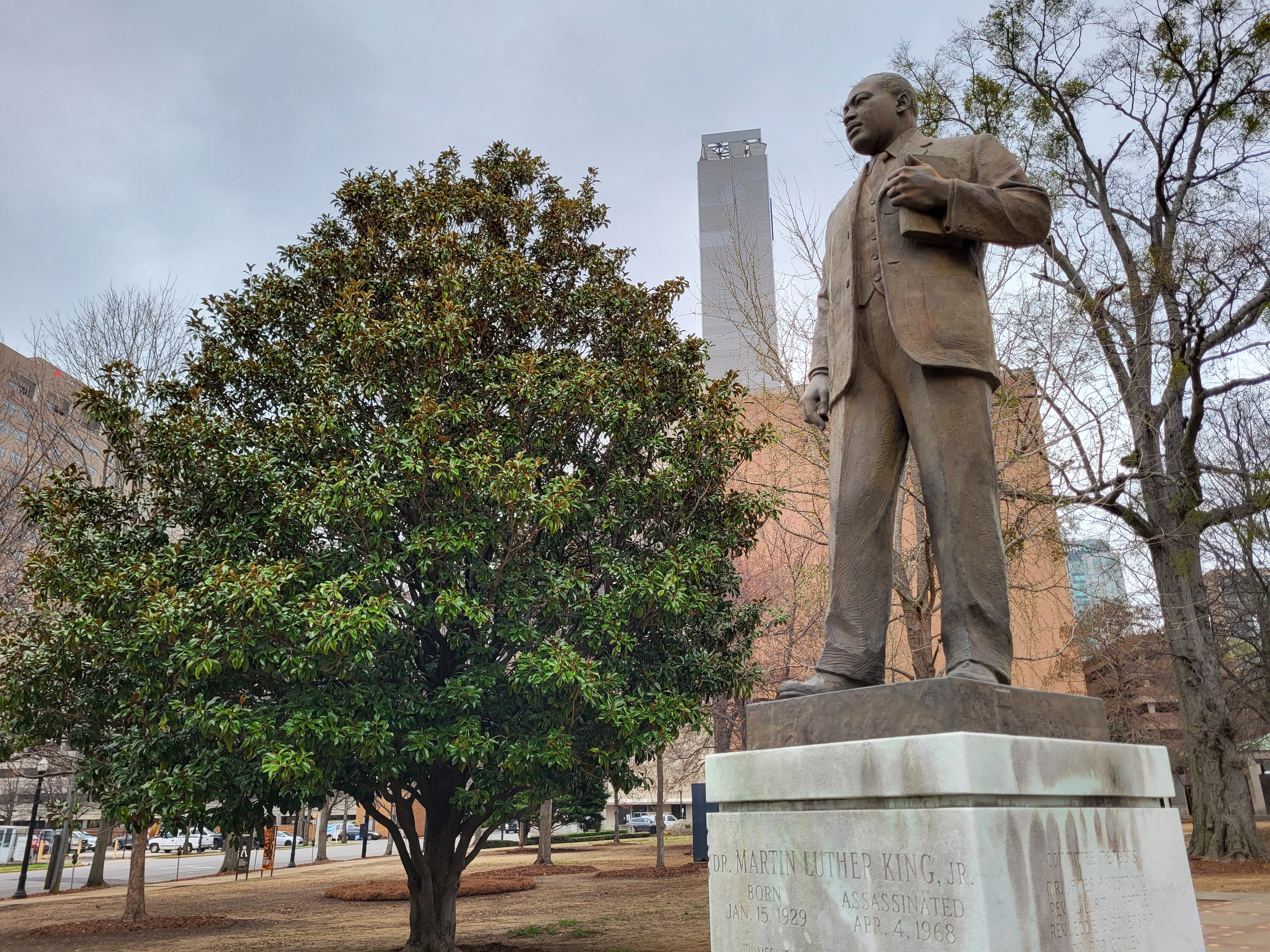
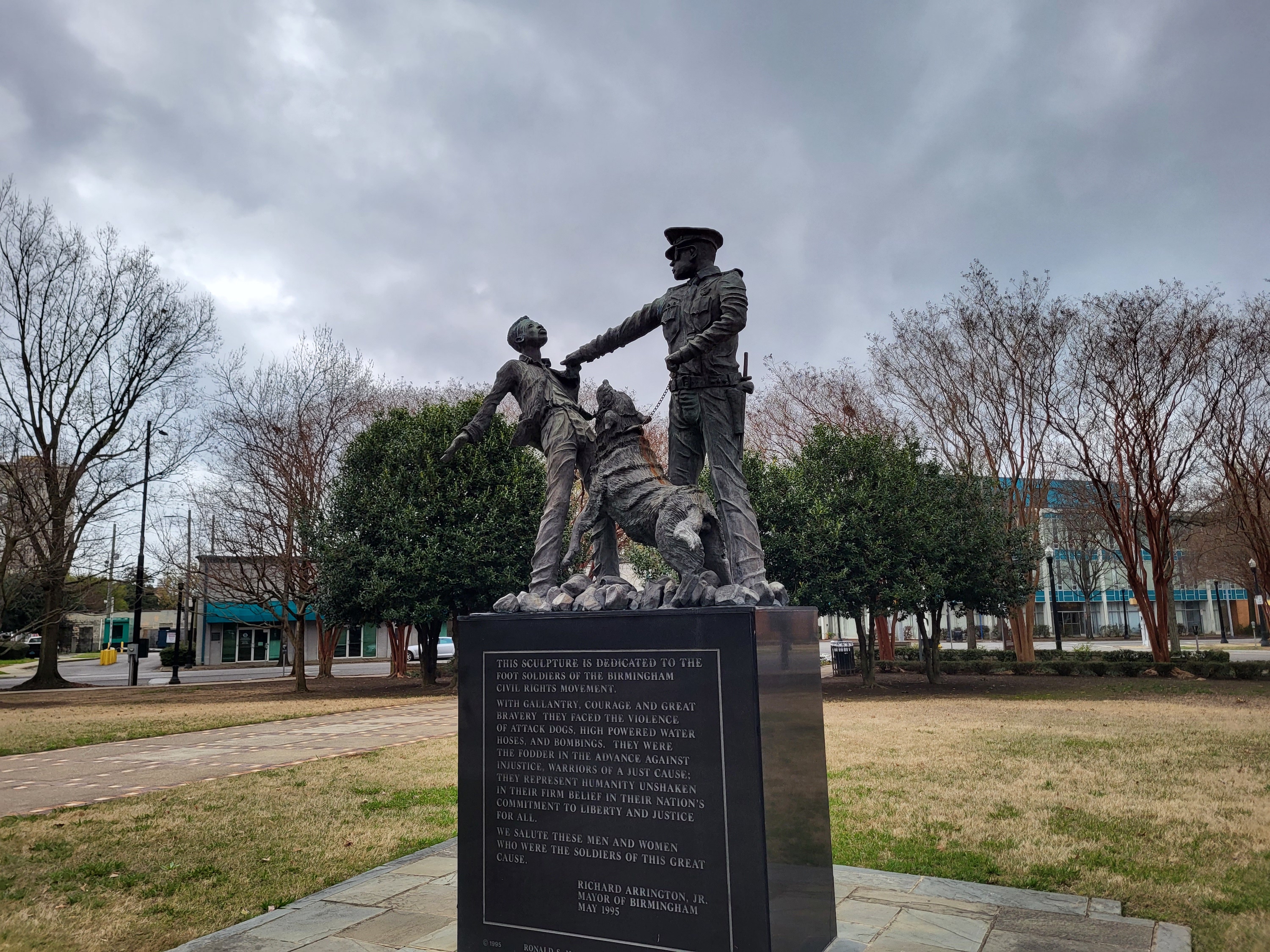
As well as visiting the Church and Kelly Ingram Park, the class also visited the Birmingham Civil Rights Institute, which details Birmingham’s storied history within the Civil Rights Movement.
Throughout the gallery were exhibits recreating examples of segregation, such as a segregated ice cream parlor, the difference between white and Black schools and segregation within the court systems of Birmingham.
Another exhibit detailed the expansive history of racial-related bombings in Birmingham, earning it the nickname “Bombingham.”
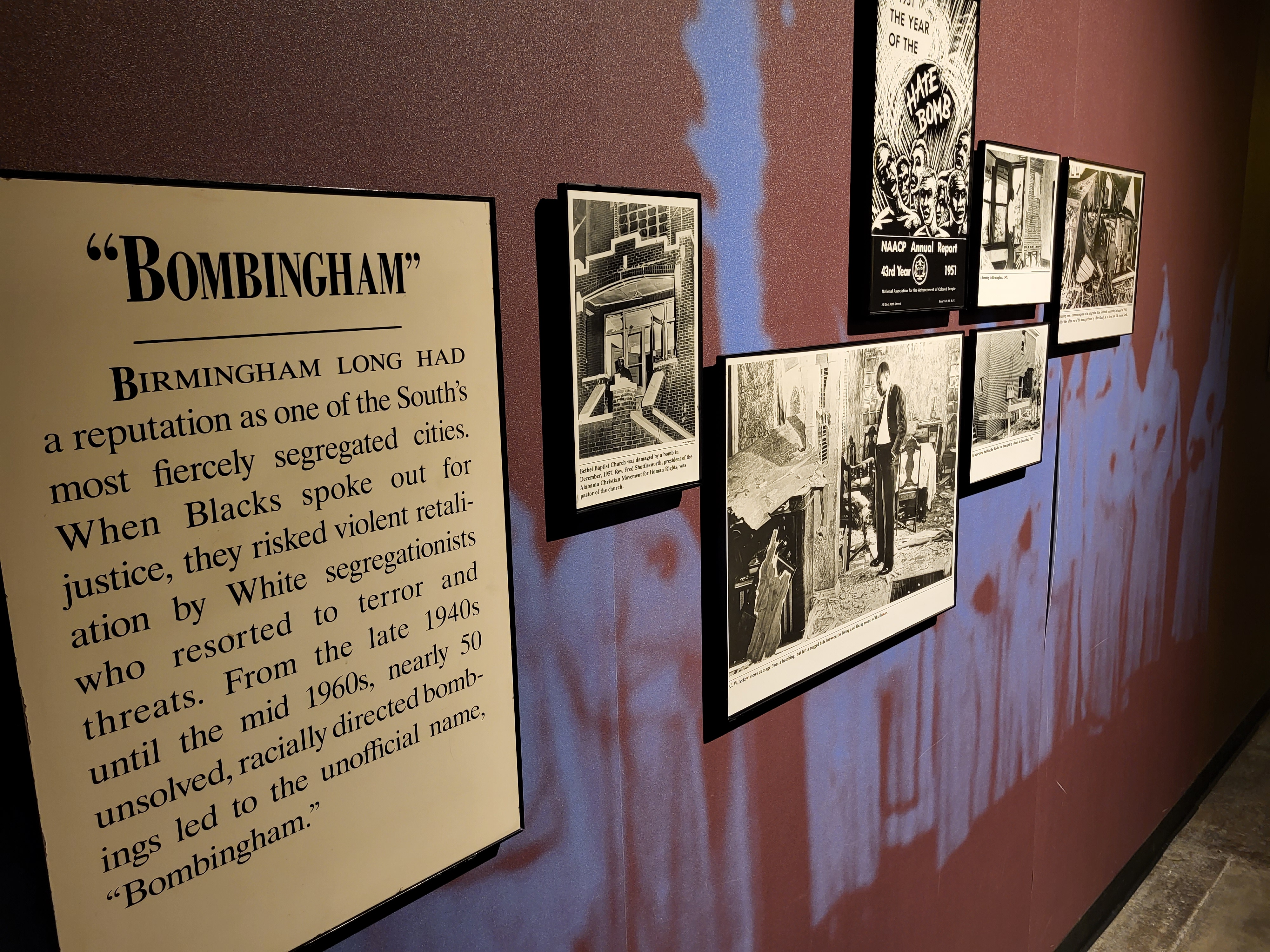
The institute also had artifacts from the 16th Street Church Bombing, such as a stained glass window that was blown out in the explosion, the original bell that rang on the clocktower of the church, items of the girls killed in the explosion and a congressional gold medal from former President Barack Obama commemorating the lives of the four girls.
After a busy day in Birmingham, first year student Zacharius Khan said hearing from people involved helped him learn.
“Meeting people who have actually lived these experiences, that’s not just something you can know,” Khan said. “Understanding I have a lot more to learn, that’s why coming on this trip was important.”
By Alec Zadra
